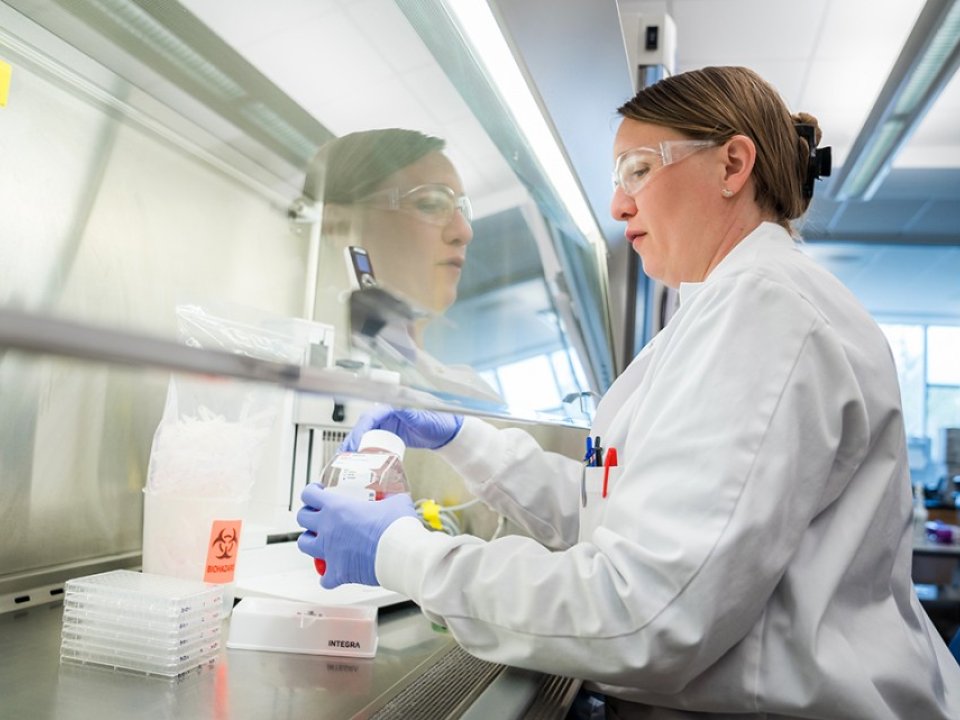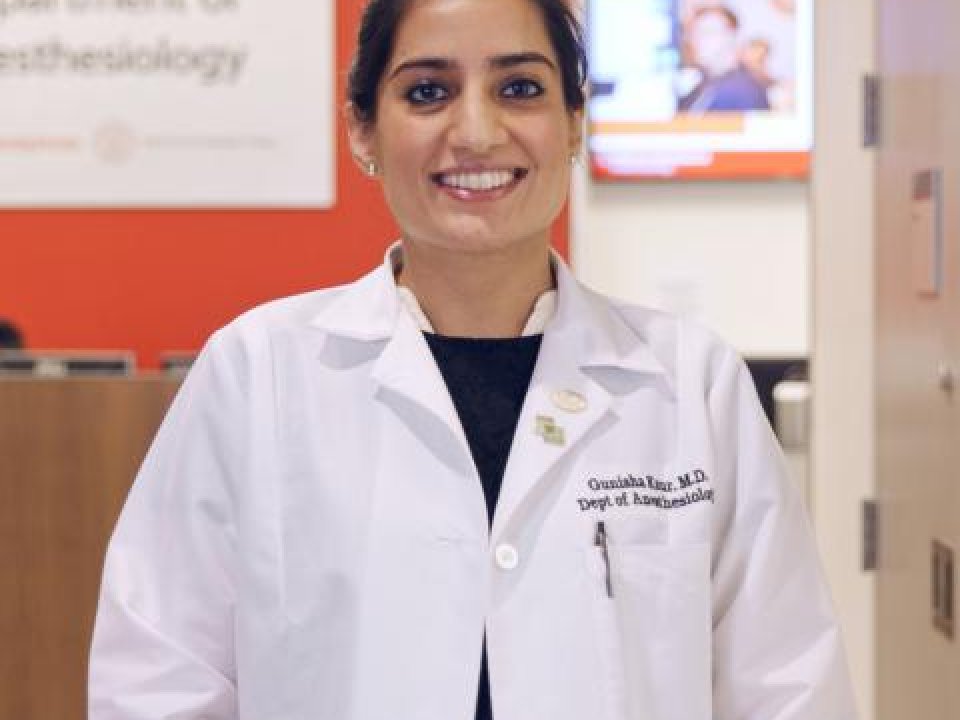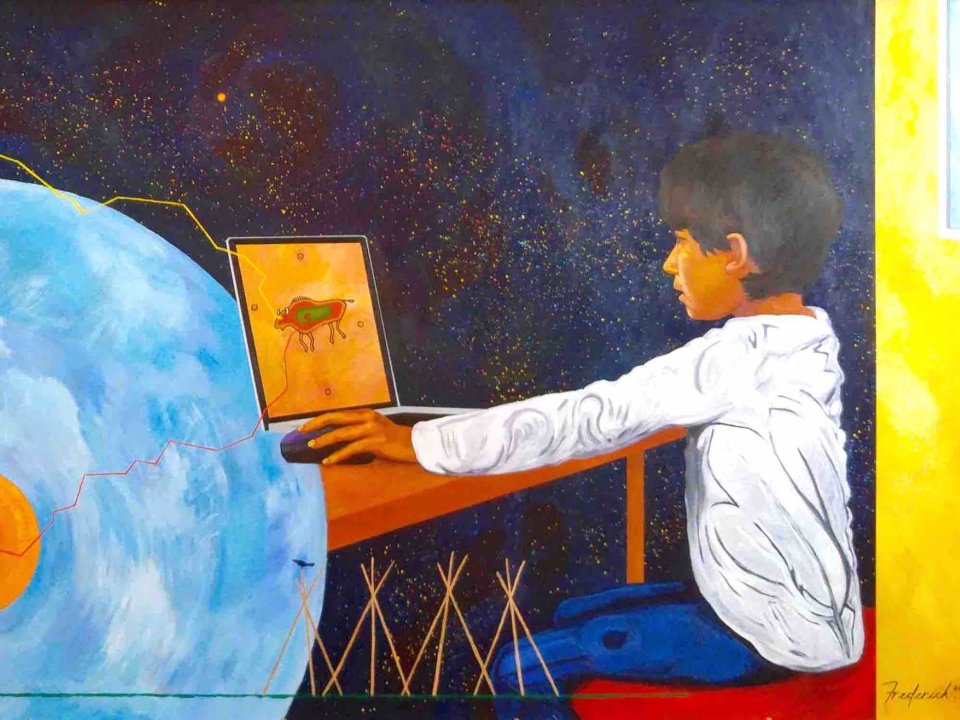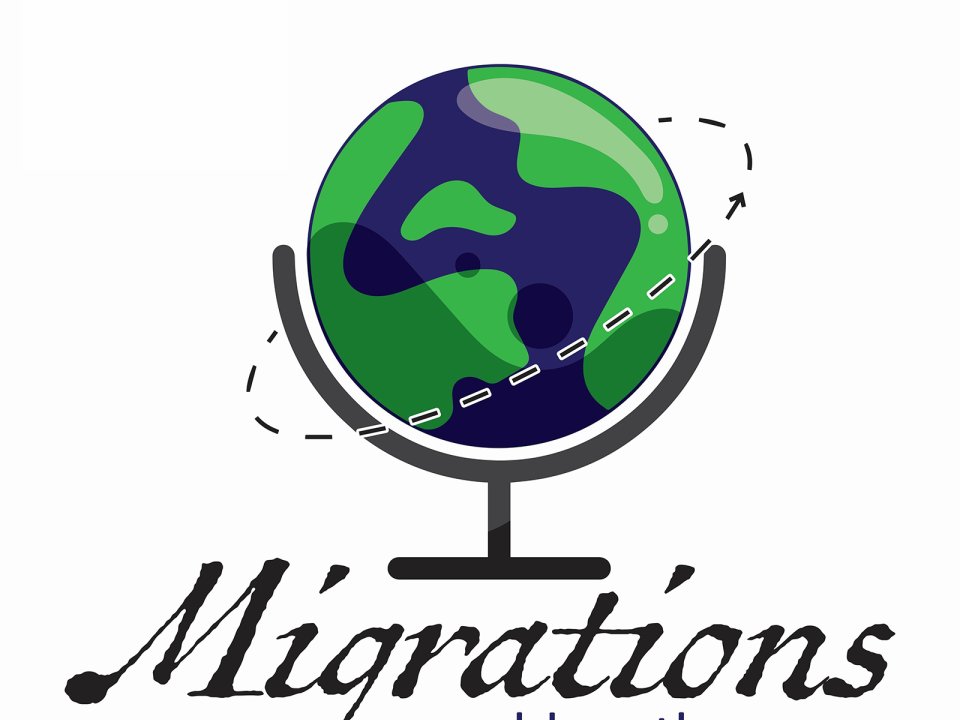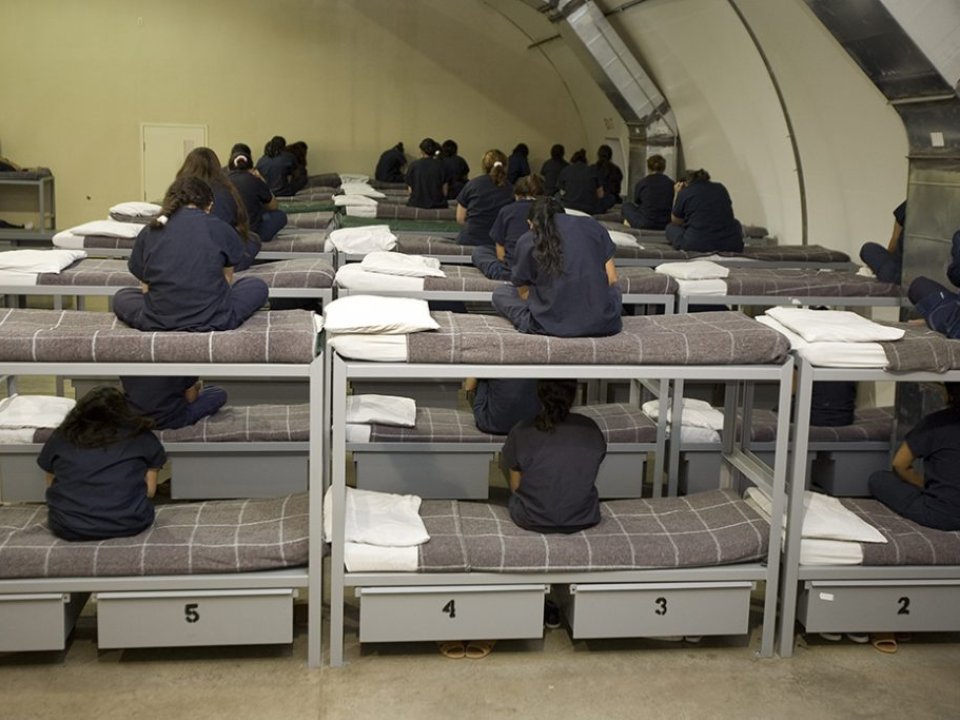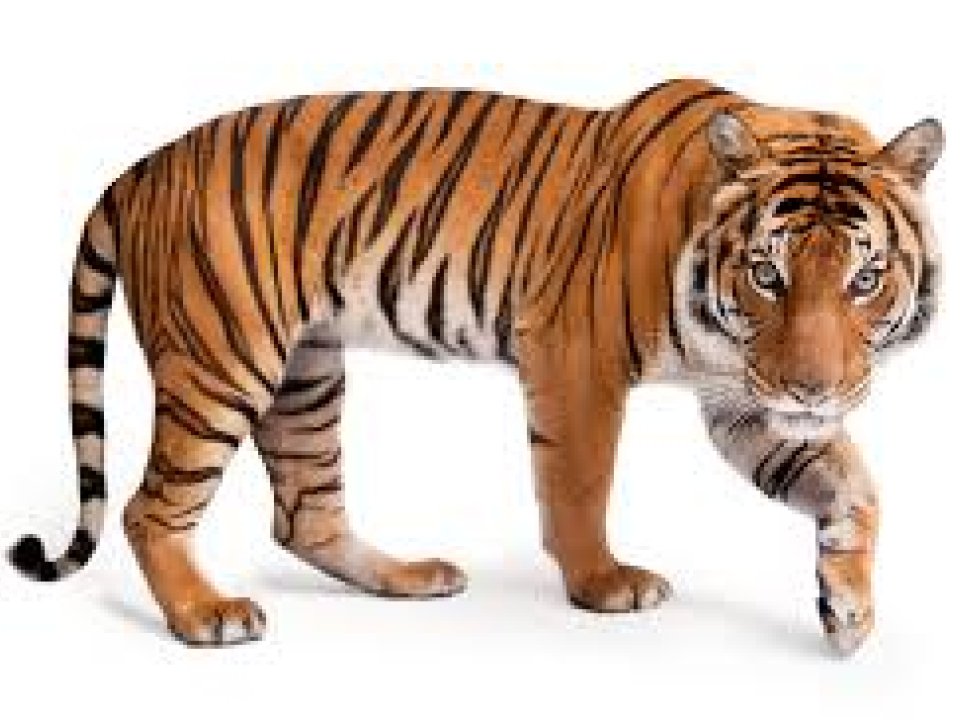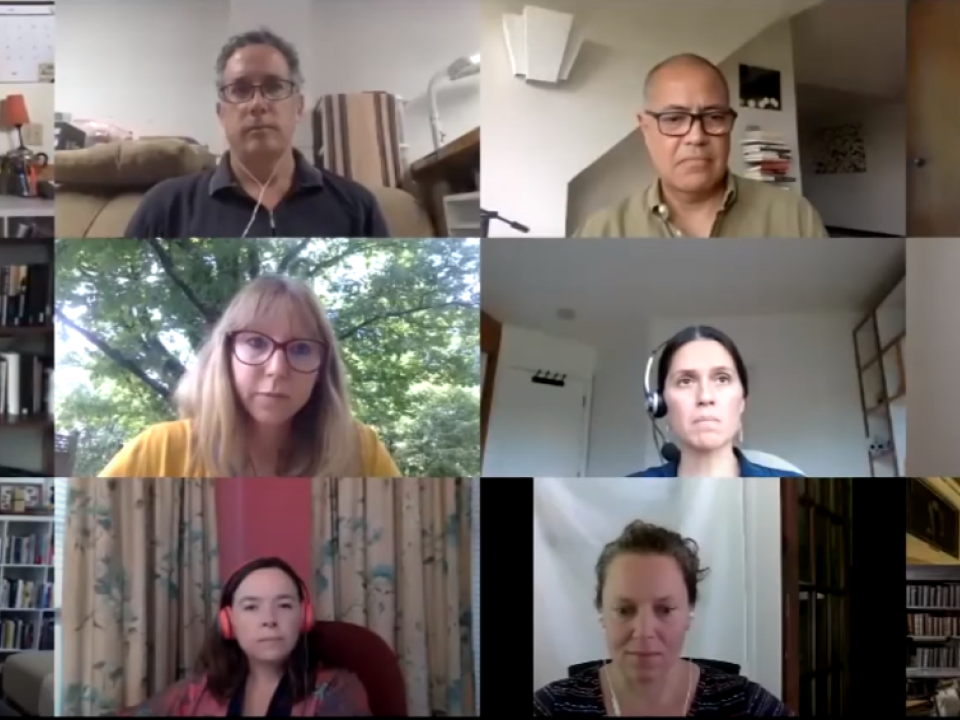News
When infected birds migrate through an area or farm, they can contaminate water or food sources with the virus. This is likely how the cows first encountered the virus.
Covid-19 cases are exponentially rising across the world, including in the United States. New York City, for example, continues to break its own record for positive cases in a single day. Much of the concern with these new infections relates to cases in which a fully vaccinated individual contracts the disease.
The tragedy of COVID-19, with its devastating loss of life and disruption to our food and social systems, will be a walk in the garden compared to the looming catastrophe of human induced climate change. As we tenuously begin to emerge out of this pandemic, our attention is returning to the shattering impact of climate change.
“This virtual dialogue will be a robust exploration on how we as humanity can better govern our behavior to reduce the likelihood of future pandemics,” said Dr. Steve Osofsky, D.V.M. ’89, the Jay Hyman Professor of Wildlife Health & Health Policy and director of the Cornell Wildlife Health Center. “The experts we’ve assembled will be sharing their ideas on how our global community of nations can hopefully come together to prevent what I fear could otherwise be a cycle of recurring suffering and chaos.”
With each episode, postdoc Eleanor Paynter speaks with experts who highlight how multidisciplinary, multi-species perspectives on migration help us understand key global issues. In season 1, we are broadening our scope of understanding by focusing on highly relevant themes like pandemics, climate, racial justice, and more. Keep an eye out for new episodes, released on the first Monday of every month.
Two Cornell researchers are part of a multi-institution team arguing that the solution is the safe release of detainees into their communities.
Weekly public lectures are part of a new interdisciplinary course, Migrations: A Global, Interdisciplinary, Multispecies Examination, where migrations are approached as multispecies phenomena emerging from dynamic socioecological systems. Join us on Wednesdays at 3 p.m.
Diego Diel, associate professor of population medicine, says that though the coronavirus is zoonotic it causes a fundamentally human disease and notes that if the virus posed a significant threat to animal health, we would know by now. The piece also notes that the vet lab at Cornell and other schools confirmed lions at the Bronx Zoo tested positive for coronavirus.
Einaudi Center Migrations faculty fellows Steve Yale-Loehr and Gunisha Kaur discuss the coronavirus crisis affects on immigrants, asylum seekers, and refugees, including new healthcare, public benefits, and detention policies these populations face.

